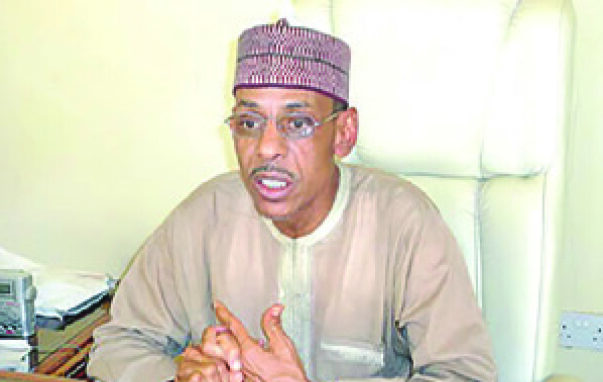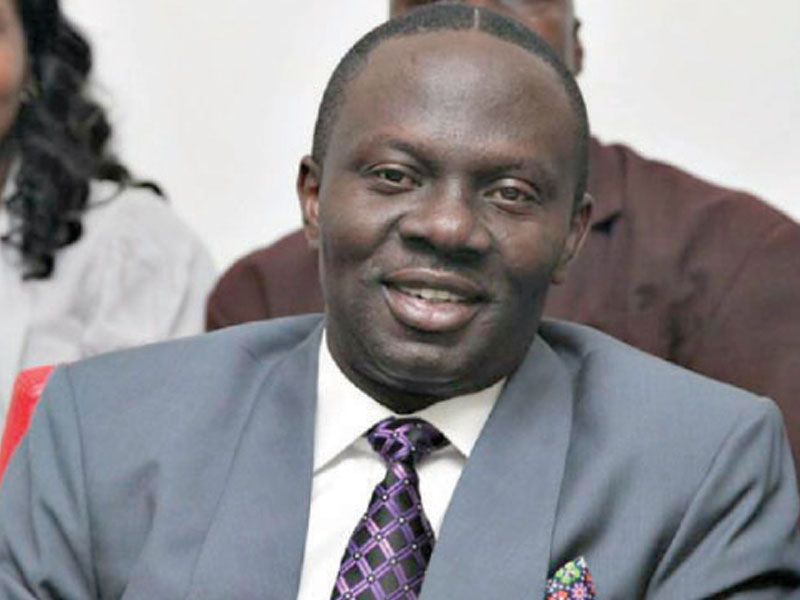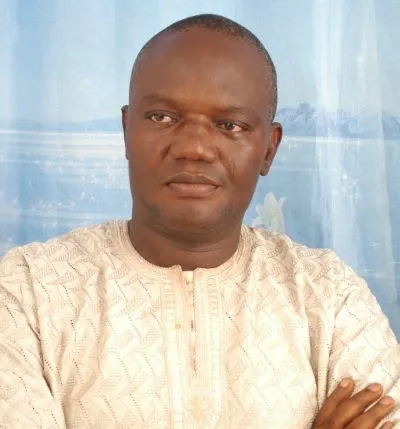For a plate of rice and N500, By Hakeem Baba-Ahmed
‘The strong do as they can, the weak suffer as they must’. Thusydide.
I have no plan for writing this column.What I have are anger,troubling retrospection and a whole mish-mash of thoughts about our politics and our future as a nation. I thought there was enough to get INEC and the government to learn from, after the deluge of negative assessments of preparations, performances, responses and management of the presidential and national assembly elections which held three weeks ago. For the gubernatorial elections,INEC did fairly better on processes, although it still explain its shortcomings during the presidential elections.Perhaps it focussed so much on improving the process that it practically appeared to have drawn the line at making sure it turned up early and its technology worked.Everything else around it was worse: the voting environment reeked of unprecedented illegalities, the type that made you think, with some justification, that no one had any responsibility for dealing with them. Those who did have responsibilities to sanitize the environment, including election and security officials, agents of political parties, monitors and observers were either completely stumped by the sheer scale and audacity of the abuse of all the basic elements of lawful and decent polling unit culture which the electoral laws and guidelines prepare, or they were part of an elaborate charade to subvert them totally and give them the semblance of legitimacy.
A few hours into the polling process what I saw as a credited monitor which I summarize above was multiplied thousands of times in one form or the other, going by credible reports from all over the country.What kept me awake mostly, was the spectacle, repeated at virtually every polling station particularly in the north, of voters, particularly females, being corralled towards negotiating huddles and feeding centers at polling units.There, they were offered cash or promises of money transfer and plates of food in exchange for their votes. No one with any authority even pretended to interfere with the process, and it appeared to have worked well for all parties.It made no sense to get involved, but I could not help the feeling of deep regret that this is what the next four years means for millions of fellow Nigerians means: a chance for a meal and a little cash in exchange for a leadership that will have a huge say in their security and welfare for the next four years.Women in particular have borne the brunt of of the failure of leaders to protect them and give their families chances to live decent lives in the last few years, but they were the most visible casualties of the collapse of the most hallowed value of the democratic process:the capacity of the citizen-voter to exercise a free choice over who should lead him, with some responsibility for his act.
When the politician understands that freedoms to choose leaders can be bought; when a voter feels trading his right and power to choose leaders for a pittance is fair deal; when power becomes a commodity requiring massive investment and a reasonable guarantee of returns, elections become mere charade, a periodic and expensive ritual we hold up as living under a democratic system.Politicians investing frightening fortunes to acquire power at every stage of the leadership selection process is not new, but its scale and impact is progressively demeaning our pretense at being a democratic nation.Vote-buying is not new, but its increasing popularity as a complement to compromising the voting and collating process has virtually moved all the power away from the citizen to the politician.Politicians who buy power at great cost generally plunder public assets, a soft target.
Multiple methods of vote buying appear to have trashed Buhari/Emefelie’s money circulation limitation, or the more muted part of it as a design to influence electoral outcomes. It created unprecedented hardship and lowered the resistance of the voter to overtures to surrender his power to have a say on his future.Massive corruption which feeds the competition for power impoverishes citizens, rendering them more amenable to settling for deals and crumbs during election.It erodes the belief that power is intended to favour anyone else but the leader. The weight placed by the savage competition for power at all cost tests the integrity and competence of a judiciary that is already creaking under the suspicion that it had capitulated a long while ago. Still, leaders will emerge, but they will do it at great cost to the value of our elections as the benchmark for judging the quality of our democratic system.
At this stage, it would appear that we have achieved a dubious irony.We have worked to improve the electoral process, while the political system has deteriorated to scandalous levels.Elections have a profound effect of highlighting the intimate relationship between the two.In the next few months a clearer picture will emerge that will expose how poisonous our politics is to our electoral process.Old tricks have been preserved or slightly modified.Fundamentally, our politics is not about the citizen.It is about wealth and the capacity to exploit the state for more wealth to acquire more power.Personal wealth is still the vehicle for seeking power, not ideologies of parties or integrity and competence of candidates.The citizen is only relevant around election times, to be influenced by money, ethnicity or faith, or all three.The citizen knows his place, and reacts substantially as the system designs it for him.He votes as programmed or induced, breaks heads as directed, fixes figures as directed, stays away entirely because it is the safest thing to do, or risks going out for a plate of rice and N1000.
Violence is still a potent force that feeds widespread perception of elections as a process that are only about outcomes designed to be decided by thugs and the gunmen.It is present from the polling stage and follows the process all the way to collation, in many instances deciding whether there are any results at all.Many people die during our elections, but we have no numbers for citizens who are scared away by violence, or are physically prevented from voting.Violence is self-multiplying, and the State cannot, or will not eliminate it, because the Nigerian politician that did not get to power with a push from actual or latent politics does not exist.We have woken up other latent monsters that will compound our problems with managing pluralism.Lagos may never be the same again in terms of inter-group relations.Faith has acquired additional significance in shaping political attitudes and choices.Incumbency, the polite term for throwing the awesome weight of the state into fights no longer wears a mask.The young Nigerian has been reminded that the political system does not function to address his needs.Centrifugal forces will use a poor showing to make the case for separation as the only goal.On the whole, there will be more Nigerians who will be asking what the value of our democratic is.
There are likely to be a number of positives in this election, and together, they may give hope that our political culture is both a function of a developing democratic system and a potent context for improvements.Those who will be responsible for steering our destinies from May 29th have a huge task of sustaining improvements in the electoral process and, more importantly, addressing the weakening foundations of our democracy.
This article first published by Vanguard



